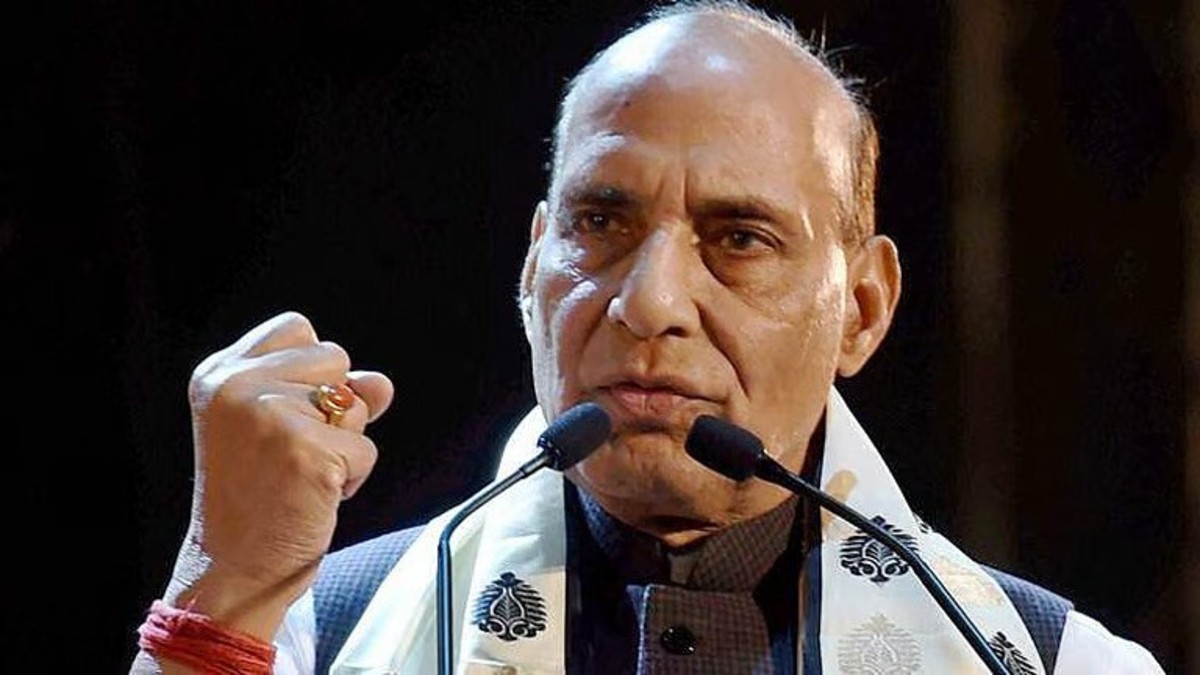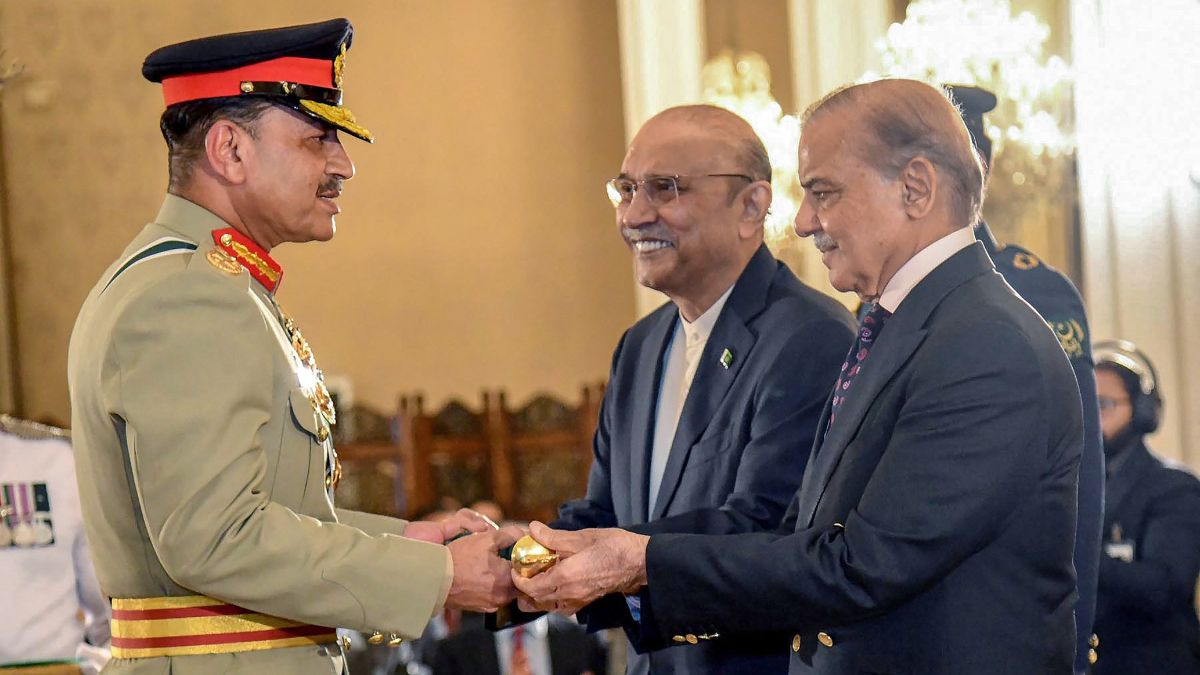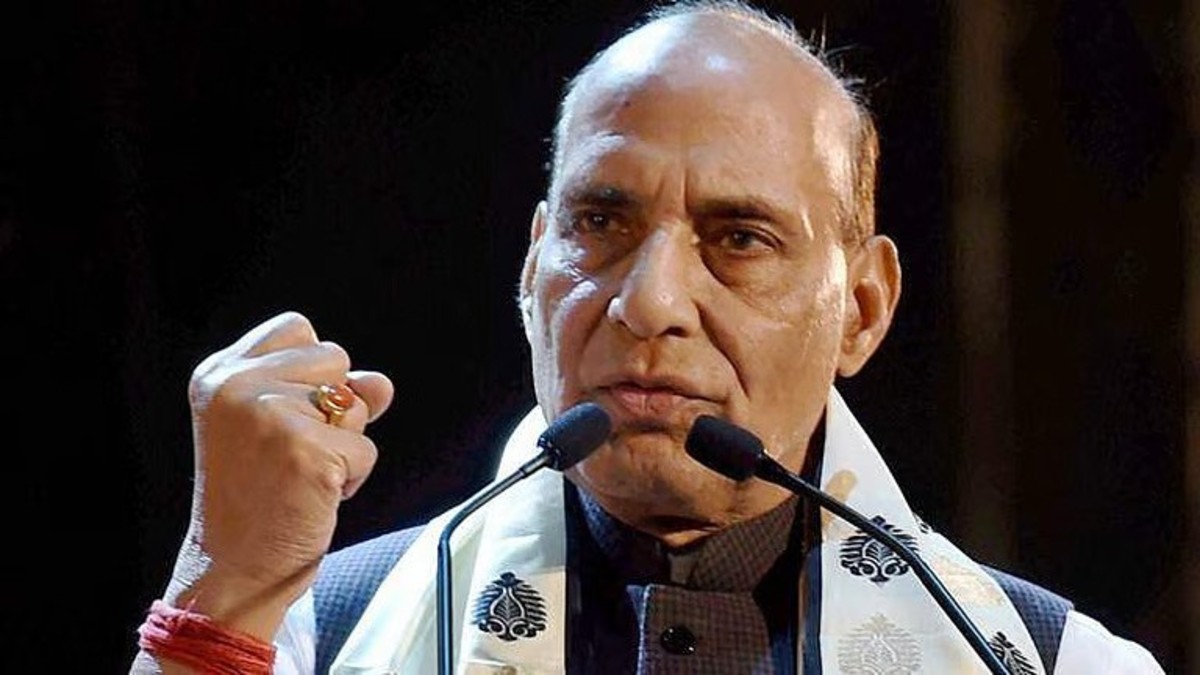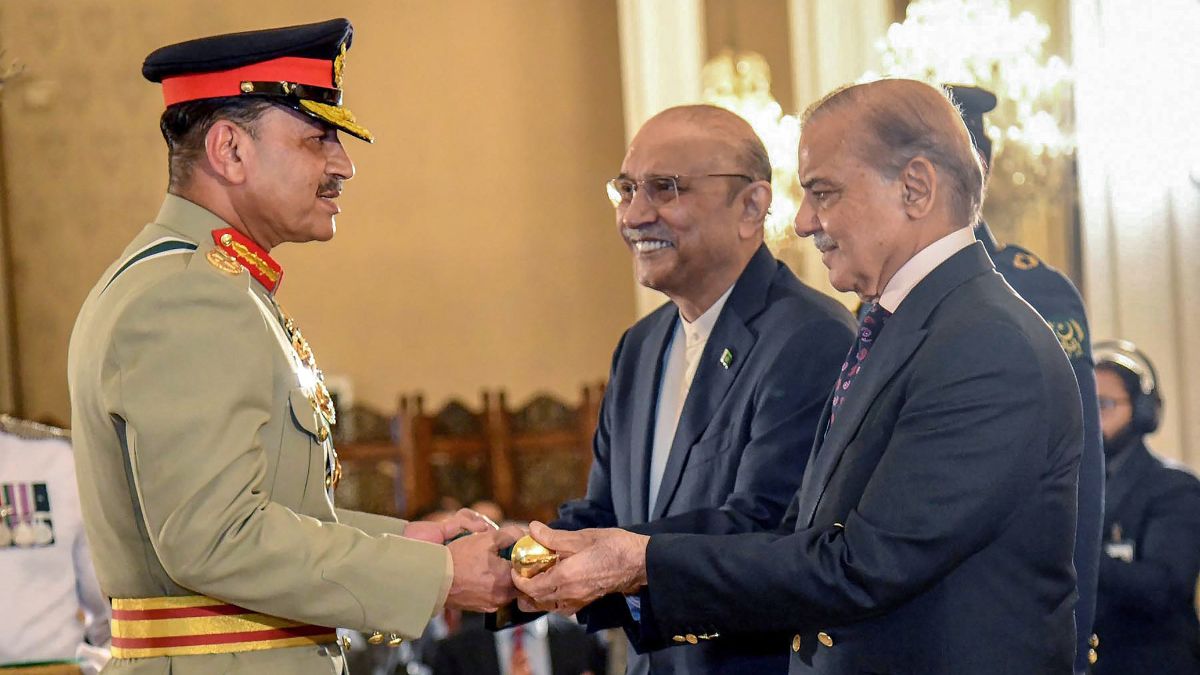Steve Waugh had to wait again — though this time, not for Sourav Ganguly.
On Thursday, at the Gold Coast Stadium, where the former Australian captain was promoting the upcoming India–Australia T20I series on behalf of ‘Experience Gold Coast’, Waugh found himself waiting — again. Only this time, the delay wasn’t due of a former Indian captain forgetting his blazer before toss, but an Australian journalist running late for work.
Waugh greeted it with a trademark grin, the same composure that once defined his leadership, before sitting down for a media interaction and then an exclusive conversation with this author — a Kolkatan, a city that has long been intertwined with his cricketing legacy. From being a part of the 1987 World Cup-winning squad to his celebrated charity work at ‘Udayan’, the capital of West Bengal has been a constant chapter in Waugh’s story.
In a thoughtful exchange, he opened up on various issues, such as India’s red-ball transition under Shubman Gill, the state of Test cricket around the globe at present, the rise of women’s Cricket in India and the sport’s Olympic return.
‘India Will Be Fine’: Waugh on Life After Virat and Rohit Sharma
India are navigating a generational shift in Test Cricket these days. With Virat Kohli and Rohit Sharma stepping away from the longest format, a new chapter begins under Shubman Gill. Waugh, who once guided Australia through a similar transition around the turn of the millennium after Mark Taylor’s retirement, believes Indian cricket will handle it smoothly.
“Cricket survives, it always moves on,” Waugh while pointing out the depth and secured pipeline system in the Indian cricket structure. “Someone will always come in and be the next superstar. India have so much talent coming through that they’ll be fine."
The 60-year-old, however, also recognised the valuable contributions of Ro-Ko. “Someone like Virat Kohli will go down as one of the greatest players ever. Rohit Sharma has an exceptional record too. It’s always sad when legends move on, but someone will step up to the plate,” he added.
India’s recent success in England under Gill’s early captaincy has only strengthened Waugh’s belief that the future of Indian Test cricket is in good hands. “They’ve got young players who can perform under pressure overseas — that’s what makes them such a strong Test side,” he noted.
Impact Shorts
More ShortsTest Cricket Needs Equal Rewards, Not Two Tiers
A lifelong advocate of Test cricket, Waugh believes the format still remains premium but insists that its long-term health depends on financial parity across nations.
“We don’t want just Australia, England and India being competitive,” he said. “We need seven or eight good Test-playing nations. I think New Zealand have done very well recently and South Africa are the current Test champions. So I think it’s reasonably strong, but we want to make sure we support the other countries as well.”
Waugh firmly believes that compensating these financially weaker boards and its players are the way forward.
“Players need to be financially compensated so they want to play Test cricket as well,” said the one of the most successful Australian Test skippers and one of the sharpest cricketing brains going around. He added that it’s harder specifically for teams like the West Indies, where the money is in T20 format and players don’t earn much from Tests.
“So financially it makes sense for them to play T20s. Hopefully that will change — world cricket needs the West Indies to be stronger;" he stated.
Waugh also remains firmly opposed to the proposed two-tier Test structure, warning that it would only deepen the divide between stronger and weaker nations.
“I’m not in favour of that,” said the former Australian captain who back in 1999 advocated publicly that all Test-playing nations’ cricketers should receive the same match fee for representing their country.
“The second-tier teams will only get weaker, and the top-tier stronger," said Waugh. “Back in 1999, I suggested that all Test-playing nations should pay their players equally per match — that would have encouraged everyone to field their best sides. That hasn’t happened yet, and that’s why some countries have dropped off.”
He also urged top teams to support lower-ranked nations by playing against them more often.
Interestingly, Australia haven’t hosted Bangladesh for a Test series since 2003 — and they keep finding reasons not to play Afghanistan at home.
Motivation the Key for Single-Format Players
The conversation then shifted to modern-day players like Rohit and Kohli, who are now focusing on just one format. Waugh believes their future will depend on inner drive and discipline.
“Only the player can answer that,” he said, when asked about their prospects of featuring in the 2027 World Cup. “If they’re motivated and committed, they’ll succeed. If not, their performances will show it. It all depends on how driven they are to represent their country.”
On the Rise of Women’s Cricket
Turning to women’s cricket, Waugh was full of admiration for India’s recent World Cup triumph, describing it as a “fantastic moment for women’s sport worldwide.”
“Women’s sport in general is taking off everywhere, and it’s great to see,” he said. “India winning the World Cup after losing a couple of games early (at the league stage) was fantastic. They played brilliantly in the big matches. They’re now role models for young girls back home — women’s Cricket in India is about to boom.”
He added that he would love to see more bilateral contests between the women’s teams of Australia and India.
“Australia versus India in any format is always fantastic,” he smiled.
Cricket’s Olympic Moment
As Gold Coast prepares to co-host the 2032 Olympics, Waugh welcomes cricket’s return to the Olympic stage at the 2028 Los Angeles Games.
“You can’t get any bigger than the Olympics,” he said. “For cricket to be there is fantastic. Hopefully it expands beyond six teams — to truly be global, every country should have the opportunity to play.”
As the conversation drew to a close under the bright Queensland sun, Waugh’s calm presence — the same one that steadied Australia through countless battles — felt unchanged.
From the chaos of Eden Gardens in 2001 to the serenity of the Gold Coast in 2025, the stage may have shifted, but Waugh’s message remained timeless: Respect the game, value its spirit and believe in its future.


)

)
)
)
)
)
)
)
)



